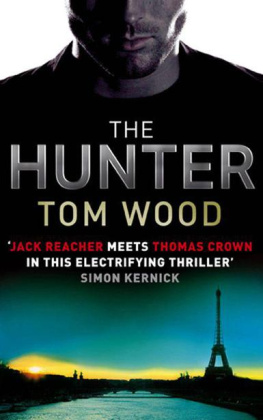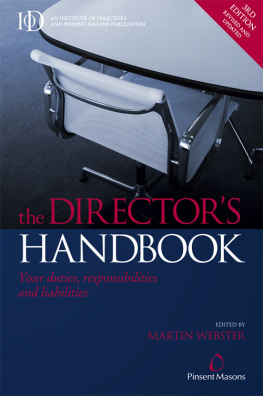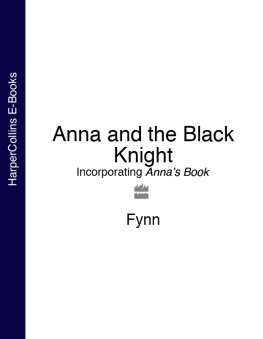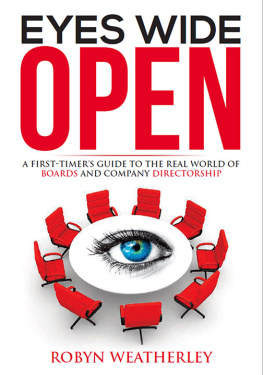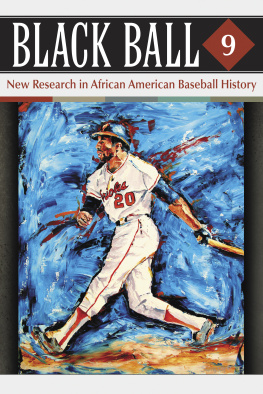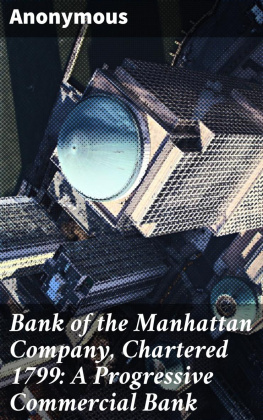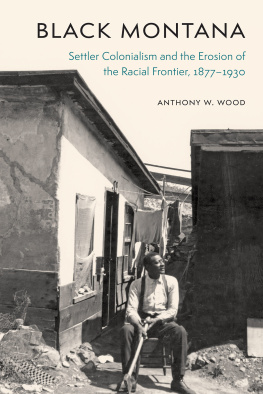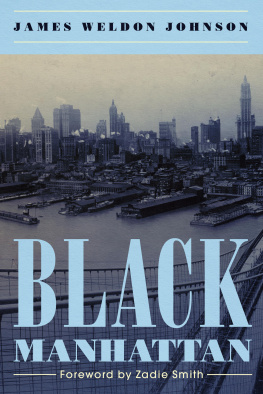2020 All rights reserved. This book or any portion thereof may not be reproduced or used in any manner whatsoever without the express written permission of the publisher except for the use of brief quotations in a book review.
Print ISBN: 978-1-09832-087-4
eBook ISBN: 978-1-09832-088-1
AUTHOR CONTACT: taaaw26@gmail.com
TO
My parents Anna and Thomas Wood, whose genes,
guidance, and sacrifices made my life the wonderful
journey that it has been.
My late daughter, Vicki, whose gravitational
warmth kept our family together.
Alice Gloster Burnette, who significantly helped to
soften my transition into my sunset years.
Muriel McCoy, who provided the support and
environment for me to write my story.
I am still learning
Michelangelo
Acknowledgments
Put simply, Annas Boy is a record of my cliffhanger journey through this mystery-cloaked existence called life. Hopefully, the documentation of some of the obstacles I encountered during my careers in the computer industry and corporate America, as well as my personal life, might help future travelers of color negotiate similar roads less traveled. Though much has changed, much more can be done.
In 2017, the Atlantic magazine reported that the Fortune 500 companies added eight new black CEOs between 2005 and 2011, a number that represented fewer than 2 percent of all Fortune 500 companies.
I also was motivated to leave a record of my business life for my children, Kay, Erik, Vicki, and Brian, who saw very little of me during their formative years. I want them, and their children to have a better understanding of what I did and why I spent many weeks and months away from home.
Many people helped produce this work and Im grateful to them all. Alan Dynner, my longtime attorney and good friend, shared his writings and recollections of our Africa-related business relationship and adventures.
I offer a special thanks to Doug Smith, Doug and I met through Alice Burnette, who was my companion for almost twenty years before she passed of cancer in 2006. Doug encouraged me to write my life story, and offered to help. Doug provided the spark for me to do what I had thought about for a number of years, and not acted upon.
A shout out to Collin Woods for his cover image, it makes me look better than I did at a similar age.
I thank Wikipedia for much of the biographical material in my story.
There is no FREE LUNCH
Milton Freidman
A Message from the Author
Annas Boy is not a story of victimization. In spite of the struggles that we, blacks, have endured as a people, Ive never considered myself to be a victim. Throughout the history of civilization life has been unfair to many and generous to many others. None of us chose our parents, our race, gender, the color of our eyes, or the country that became our first home. Had I been born in any other country than the United States, I doubt if I would have acquired the education and experiences needed to become the man I became. Despite tribulations, life has been good. Yet I know that there are many people with far less education and far fewer life experiences than I who are just as pleased with their lives.
I draw this conclusion from my own observations, which were supported in a recent study on happiness. The study determined that some of the happiest people in the world are in the Tonga tribe in southern Zambia and northern Zimbabwe, where they have next to nothing. They live in thatched huts, have no electricity, no running water, and no hospital system. Yet theyre happy.
In Nature Boy, a song written by Brooklyn native Eden Ahbez and first recorded by Nat King Cole, one line reads: The greatest thing you will ever learn, is just to love and be loved in return. If thats your perception of happiness, then there are many people in the world who are happy, despite not having any of the advantages that we in the Western world hold dear. I was born and raised in New York City and I know that the attitude of some New Yorkers is, What good is happiness, can it buy money? Is that the objectiveto accumulate all the toys in the world?
Im a product of the love and sacrifices of my parents and of so many others throughout who have made life safer, healthier, and more comfortable through advances in science, medicine, transportation, and housing. My bonus for having lived more than ninety years? I saw changes that I never dreamed possible in my younger years. I saw the U.S. Supreme Court end racial segregation in the United States, Nelson Mandela freed from South African prison, the end of apartheid in South Africa, and Mandela become president of the country that had imprisoned him for twenty-six years.
I attended the opening of the Smithsonian American Indian museum in Washington D.C.in 2005.The American Indian, had a much different struggle than we black Americans, such as dealing with the loss of their land due to guns and germs..They call Christopher Columbuss visit the encounter not the discovery.The Indians won some battles, however the Indians lost the war.In the museum, the emphasis is not on all of the struggles. Instead, the Indians have chosen to make the museum a celebration of Indian culture and values. In that spirit, that is the choice that I have made, to remember the past accurately, and I mean just that, accurately, and to focus on the present, and the future.
I was fortunate and grateful, too, that my life was briefly linked with three of the iconic figures of the 20th century: Martin Luther King Jr., David Rockefeller, and Jackie Robinson. By their words and through example, they helped shape the man I became. Although I never shook his hand or had a chance to chat with our nations forty-fourth president, one of the most satisfying experiences of my life occurred when I traveled to Washington, D.C., in 2009 to see Barack Obama, a fellow Columbia University Alumnus, become the first black president of the United States.
Ive enjoyed my life; Ive enjoyed the daily contest, and Ive enjoyed overcoming many, but not all, of the obstacles that blocked my way.
Tom Wood
I dont believe in failure. Its not failure if you
enjoyed the process.
Oprah Winfrey
Chapter
The arc of the moral universe
May bend towards justice, but it
Does not bend on its own
Barack Obama
Yes, mLord.
These three words out of my mouth ricocheted off the walls of a London courtroom, their vibrations slapping me sharply across the face, as if to remind me that the theatre-type drama that was about to begin was not a dream. After years of delays, my time on the witness stand was here.
I sat in what the British called the dock, a witness stand that positioned me at eye-level with the three distinguished arbitrators: Lord Patrick Devlin, Sir David Cairns, and Sir Henry Fisher. They seemed relaxed, comfortable at home in their work in one of the four courts of historic Grays Inn, where British law clerks and apprentices have been trained since the 14th century.
Mine was the only American accent heard during the courtroom proceedings, and with a wry smile I silently offered kudos to George Bernard Shaw for his profound description of America and Great Britain as two nations separated by a common language. Despite the precariousness of the moment, another breeze of humor blew through my mind, as I realized that the fate of my business career andindeedthe course of my life would be determined by three English arbitrators who were more suitably adorned in white wigs and black robes than in business suits. More sobering thoughts chased my smiles away, as I pondered my situation, as I watched the three arbitrators huddled in animated discussion before I began my first of twelve days of intense interrogation.


